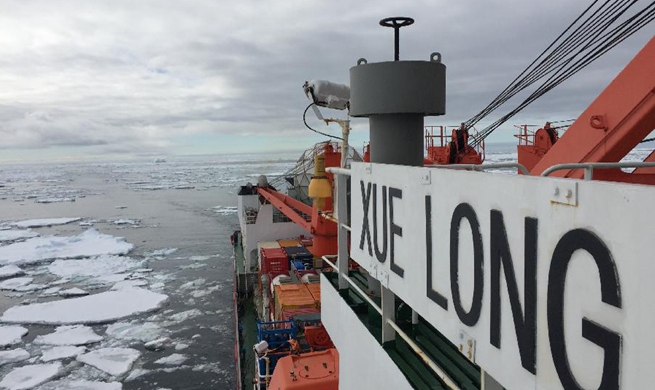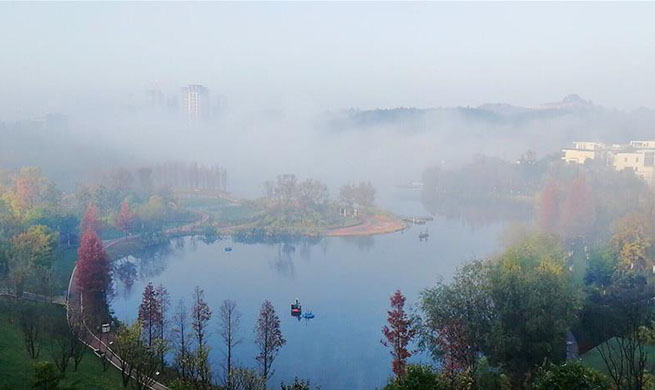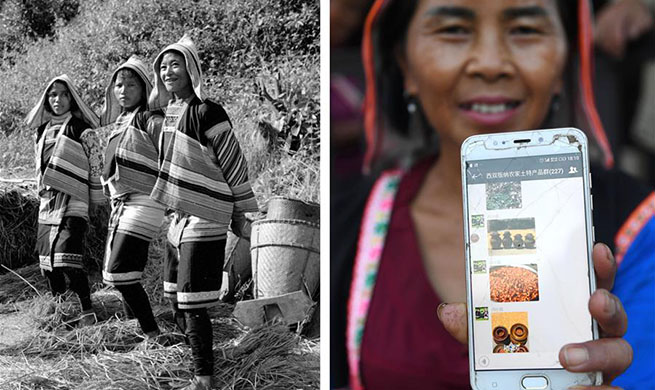MEXICO CITY, Nov. 25 (Xinhua) -- The upcoming Group of 20 (G20) summit presents an opportunity to pool efforts to combat protectionism and lower the risk of a new global financial crisis, a senior UN official has said.
The G20 summit, to be hosted by Argentina from Nov. 30 to Dec. 1, will be closely watched given the challenges the world is facing, Alicia Barcena, executive secretary of the UN Economic Commission for Latin America and the Caribbean (ECLAC), told Xinhua in a recent interview.
"We hope this G20 summit can lead to some agreements, or at least some collective willingness to make progress on the financial front, to be able to prevent any kind of risk of a major crisis due to the rise in protectionism," she said.
She pointed out that the G20, whose members account for about 75 percent of global trade, took a leading role in dealing with the 2008-2009 financial crisis.
According to Barcena, the world is undergoing a cyclical change in which financial flows to emerging economies will not be as smooth as in prior years against the backdrop of rising protectionism.
Amid the resurgence of nationalism and protectionism, she noted, China and the G20 members in the ECLAC region -- Mexico, Brazil and Argentina -- are staunch supporters of multilateralism, and several members of the European Union (EU) are also striving to champion multilateralism.
"China's role has been very important, because it has explicitly demonstrated its commitment to multilateralism, to free trade," said Barcena.
Noting that Latin America's ties with China are highly strategic, Barcena said the region should seize the opportunities created by China's Belt and Road Initiative, which is helpful to solving the current predicament of globalization.
"China has a great disposition to not only purchase raw materials, but to also come (to Latin America) as an investor and take risks in the region in new fields, in interesting sectors such as technology," she said.
Barcena also suggested that the summit propose reforms of the World Trade Organization (WTO), especially changes to its institutional structure.
Noting that the WTO has been criticized for being heavily influenced by the wealthier nations, she said the world body needs to strike a better balance between developed and developing nations to strengthen global stability.
"Ultimately, the major topic of this summit is going to be trade," said Barcena. "We have to move towards a very different future from the one we have today."


















